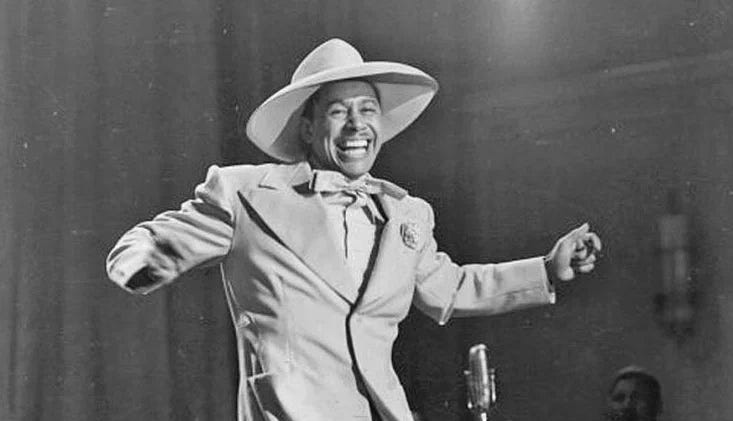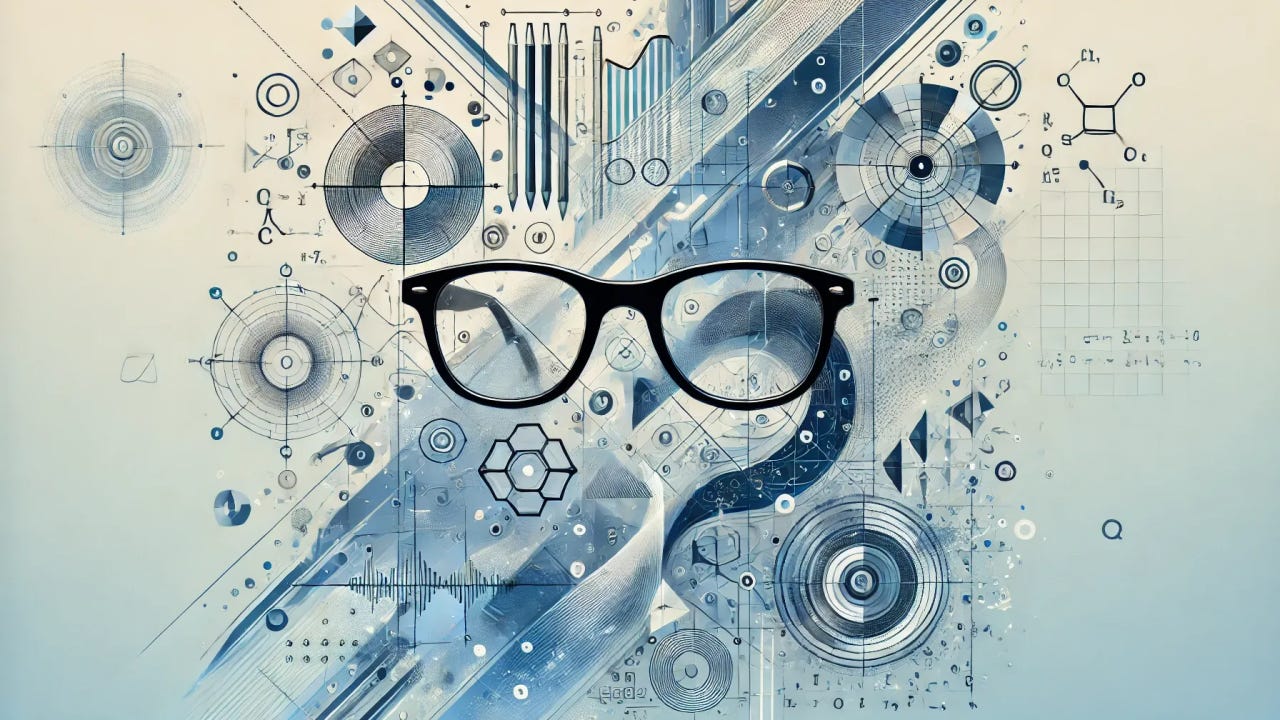Making Vibes Real
What are the human qualities we've covered so far? 3 minute read.
We’re at the six-month mark, and I’m reformulating. Starting now, posts will be quicker to read and add color to where we’ve been so far.
The Problem
The idea of “vibes” is frustratingly abstract. You can’t hold a vibe in your hand or measure it with precision. They feel ephemeral. Is it even possible to define something so fuzzy and subjective?
My answer is yes, but with one caveat. I am exclusively interested in people. While a party, product, or movie can have a vibe, that’s different. I am interested in the vibes of people and what we can learn about human nature.
Human vibes, I believe, are relatively stable. We may be born with vibes that remain with us over time. If this is true, understanding and defining them could be fascinating and helpful. This was my goal from the beginning: to make vibes more concrete.
Qualities of Two Vibes
So far, we’ve covered coolness and nerdiness. Below, I’ve listed the specific qualities I discussed over two series.
Series 1: The Roots of Cool
I wanted to know: Where did our modern conception of coolness originate? When did we first recognize coolness as a personal quality?
This series outlined four qualities of personal coolness that originated in the early 20th century. Along with European culture, I believe these qualities have roots in African culture that became part of America via slavery. Some people naturally exhibit these qualities with little effort. They are:
Composure - grace and beauty under pressure
Awareness - a connection to culture and social life
Rebellion - a willingness to break rules, fight against authority
Authenticity - being true to oneself in all things
Here’s a challenge… Think of someone you consider cool. Do they exhibit these qualities? Is it possible to be considered cool without them?
There is a lot more to explore about coolness. I’ll get to that later.
Series 2: Welcome to the Nerdiverse
I had the same questions about nerdiness. Where? When? Why?
This series highlighted a set of qualities that are common to nerds and nerdiness. It shows that the reputation of nerdiness is shifting as nerdy talents and interests become increasingly valued. The nerdy qualities in this series relate to this ascendence. They are:
Rational thinking - A logical and optimized approach to the world
Rules and systems - A talent for understanding and manipulating systems
Intellectual curiosity - A willingness to develop interests versus social status
Precision and completeness - A drive to be correct
Forget about the “nerds” you see on TV. Think about these qualities in people you know and love. Does this sound familiar? What if nerdy qualities are much more common than they appear?
Is Nerdiness the Opposite of Coolness?
If you believe pop culture, coolness and nerdiness are two sides of the same coin. One person cannot be both. This project taught me that nerdiness and coolness share remarkable similarities. Two examples:
Non-conformity - Both nerds and cool kids take pride in operating outside the mainstream and not conforming to expectations. They enjoy expressing their individuality and forging their path.
Authenticity - Both have a keen sense of themselves and would rather stand apart than be someone they are not.
So What?
The classic stereotypes are dated. At the same time, we don’t have a useful vocabulary for discussing these differences. By defining concrete, human qualities, we can start appreciating aspects of ourselves and others that lurk just under the surface.




